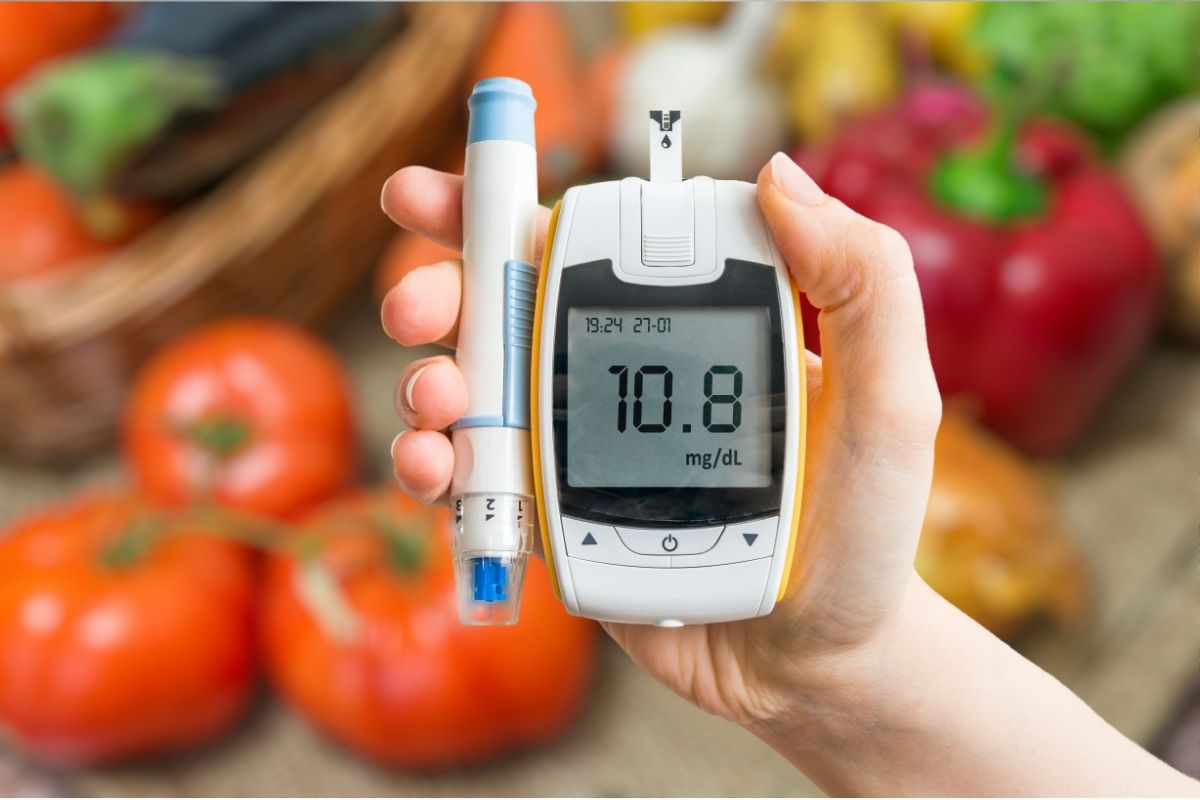Authors: Polonsky, WH., Fisher, L., Hessler, D., Edelman, SV.
Abstract
Background: Many different devices are available to patients to measure glucose levels, but there is no validated method to assess treatment satisfaction with glucose monitoring devices and its impact on quality of life and other patient-reported outcomes. To address this problem, we developed the Glucose Monitoring System Satisfaction Survey (GMSS). We describe the construction and validation of the GMSS and examine how key patient factors are associated with glucose device satisfaction.
Materials and methods: Items were developed from interviews with 15 adults with either type 1 diabetes (T1D) or type 2 diabetes (T2D) and 10 diabetes healthcare professionals, resulting in an initial pool of 42 items. Separate exploratory factor analyses (EFAs) were conducted with adults with T1D (n=254) and with insulin-using T2D (n=206). Construct validity was established with overall well-being (World Health Organization-5), diabetes distress (Diabetes Distress Scale), attitudes toward glucose monitoring (Self-Monitoring of Blood Glucose Obstacles scale), and the previously validated Blood Glucose Monitoring System Rating Questionnaire. Regression analyses examined associations between total scale satisfaction and demographics, diabetes status, and glucose monitor use.
Results: The two EFAs resulted in two 15-item scales, one for T1D and one for T2D, and yielded four coherent and meaningful factors in each sample: three factors with the same items in common for both samples (Emotional Burden, Behavioral Burden, and Openness) and a fourth factor unique to each sample (Trust for T1D, Worthwhileness for T2D). The final EFA accounted for 66.5% of the variance in the T1D sample and 67.0% in the T2D sample. Validity was established by significant correlations with criterion variables.
Conclusions: The GMSS is a reliable, valid measure of glucose device satisfaction in its T1D form and in its insulin-using T2D form. It provides a comprehensive profile of sources of device satisfaction for use in clinical care and research.
